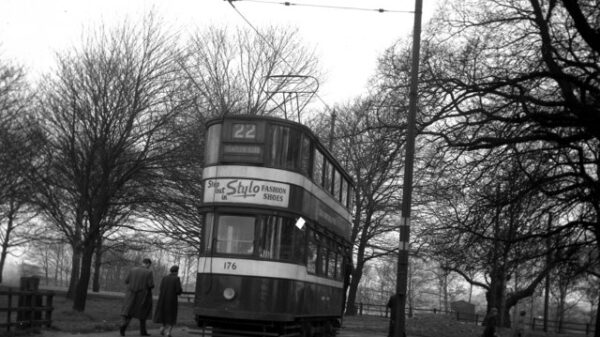Staff Writer Riley Miszkurka-Morrison explores the government’s move to renationalise railways in the context of sky-high prices and customer dissatisfaction.
Commuters gave a collective cry of relief on 25 May 2025, when the Department for Transport announced its plans to transfer the UK’s privately owned services into the publicly owned ‘Great British Railways’ by the end of 2027. Since its privatisation in 1995, the train services in the UK have seen a constant influx of price hikes with seemingly no tangible gains. The Department for Transport’s plan has been met with some initial hesitancy, but with public transport in its current state, its hard not to think this was long overdue.
Privately owned rail networks have been the subject of outright vitriol from the public over the last 10 years. Of the country’s 16 rail networks, there are only seven left to be transferred to public ownership after Greater Anglia was re-nationalised early this October. Those remaining seven however, encompass some of the biggest networks in the UK, including GWR, Avanti West Coast and Cross Country. These three companies alone accounted for nearly 10% of all train journeys last year (excluding TFL services), and cover all of the major cities in the UK. Considering the scope of their reach, the expectation for these services would naturally be reliability and affordability, but that is far from the case.
Avanti West Coast specifically has been scrutinised for its poor quality. The company reports internally that, on average, a poultry 39% of all of their train services were on time last month, that number dropping as low as 34% in large metropolitan areas like London or Manchester. They maintain that they do everything in their power to keep trains punctual, however data from the ORR tells a slightly different story. During the 2022-2023 period, Avanti west coast had nearly triple the train cancellations as the national average (3.8% compared to their 9.1%). A large number of these strikes were due to poor relationships between the RMT Trade Union and the management staff. The implementation of electronic ticket scanners and the abysmal working conditions have left the company in a spiral of decline, where they have fell to the lowest of the low in recent years. Trains are reported as dirty, with facilities functioning poorly. Constant reports of overcrowding have led to people missing their trains because they simply could not fit into them. All of this while the company still increases the price to the capped maximum each year.
The days of spontaneous train trips are over. No longer can you walk into the station, buy a ticket and set off. Due to price increases, GWR notes that the best time to buy tickets is up to 24 weeks in advance of your travel. GWR is the biggest culprit of expensive ticketing. Whilst they have nicer trains than their counterpart Avanti, it comes at a dear cost. Currently, for a Londoner to take a weekend trip to Glasgow on GWR, it would cost them at the lowest, £104 with some tickets even going as high as £180. Regional trains on GWR are no better, having short journeys out of London (20 minutes to an hour) ranging from £30-£50 (all prices as per 8 November 2025).
By comparison, Germany has a fully nationalised rail service, the Deutsche Bahn (DB). This service boasts an impressive international rail pass that allows for four international trips in a month for only 212€. For regional train takers, they also offer the Intercity express which costs, at the lowest, 18€. For nearly half the price, German trains remain similarly punctual to the UK, the intercity trains reporting a 72% punctuality rate in 2025 according to the independent. However their long distance, international trains have a lower rate of punctuality at 64%.
Japan also boasts an impressive train system. While four of the Japan Railways Group networks are fully privatised, JR Hokkaido, JR Shikoku and JR Freight are all governed and overseen by the publicly owned JRTT, yet boast the same impressive quality and punctuality as the rest of the JR network. This is due in part to the inefficiency of car transport in Japan making it integral for rail networks to function well, and cost less.
The results of the UK’s nationalisation are yet to be seen. Despite the examples mentioned, nationalised rail networks can also function poorly: Germany’s train network, while cheaper, runs at a similar cancellation rate to the UK. Public ownership has the chance to remove the necessity for improvement. Yet, the UK’s re-nationalisation of rail companies is born out of necessity. Our rail system has stagnated, the initial competition of privatisation has only led to price rises with no delivery. Companies underpay their workers, create tension with unions and refuse basic upkeep of their facilities. The public has been left holding the bag, but, finally, something is being done for commuters.
To read more political analysis, click here!


















